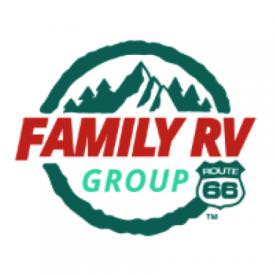When Chuck Jung was growing up in the 1970s, he hated being asked what his father did for work. Other kids would answer with “engineer” or “banker.” When Jung said his dad sold campers, they’d respond with “funny looks on their faces,” he recalls. “Like, ‘What is that?’” Jung has since joined his family’s chain of RV dealerships, and he’s found that people are now eager to talk about his line of work. But public perception is just one of many changes the RV industry has experienced since Jung’s father started his business in 1968.
This story by S.A. Swanson originally appeared in Middle Market Growth magazine.
Prior to the start of the coronavirus outbreak earlier this year, the RV industry had made significant gains over the previous decade. The number of units shipped rose from 165,700 in 2009 to 406,100 in 2019, thanks in part to the growing ranks of millennial RV owners, who look to recreational vehicles as a way to have new experiences—from tailgating to a weekend road trip. “It’s about lifestyle,” says Bob Ginnan, Family RV Group’s president and chief financial officer. “It’s not just camping anymore.”
Over the last several years, the Jung family business has grown, too. Originally called Colerain RV, it rebranded as Family RV Group after investment firm Kidd & Company acquired it in 2016. Kidd & Co.’s investment has helped Family RV grow its geographic footprint to 12 locations through acquisitions, while making operational improvements and finding new ways to serve customers. In the years since Kidd & Co. invested, the company’s revenue and head count have more than doubled.
